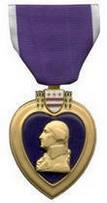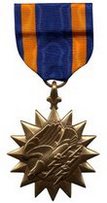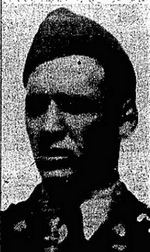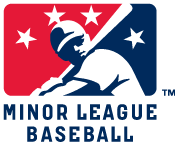

Go on, why not sponsor this page for $5.00 and have your own message appear in this space. Click here for details |
The First Professional Baseball Player to Receive the Purple Heart in World War II

 John
DeJohn
John
DeJohn
Date and Place of Birth: October 29, 1915 Birmingham, Alabama
Died: June 17, 2005 Birmingham, Alabama
Baseball Experience:
Minor League
Position:
Second Base
Rank: Staff Sergeant
Military Unit:
Eighth Air Force USAAF
Area Served: European Theater of Operations
 John T. DeJohn, a second baseman from
John T. DeJohn, a second baseman from DeJohn entered military service in May 1942 and was stationed with the Army Air Force in
DeJohn is believed to be the first professional baseball player to receive the Purple Heart during World War II (Billy Hebert, also a second baseman, who played for the Merced Bears of the California League in 1941, posthumously received the Purple Heart when he was killed in action at Guadalcanal on October 21, 1941. Although the date of DeJohn’s action is unknown, it is believed to precede the date of Hebert’s death).
DeJohn was later awarded the
Air Medal by Brigadier-General Newton Longfellow, commanding officer
of VIII Bomber Command.
DeJohn returned to the
John DeJohn passed away in 
Created March 5, 2008.
Copyright © 2015 Gary Bedingfield (Baseball in Wartime). All Rights Reserved.